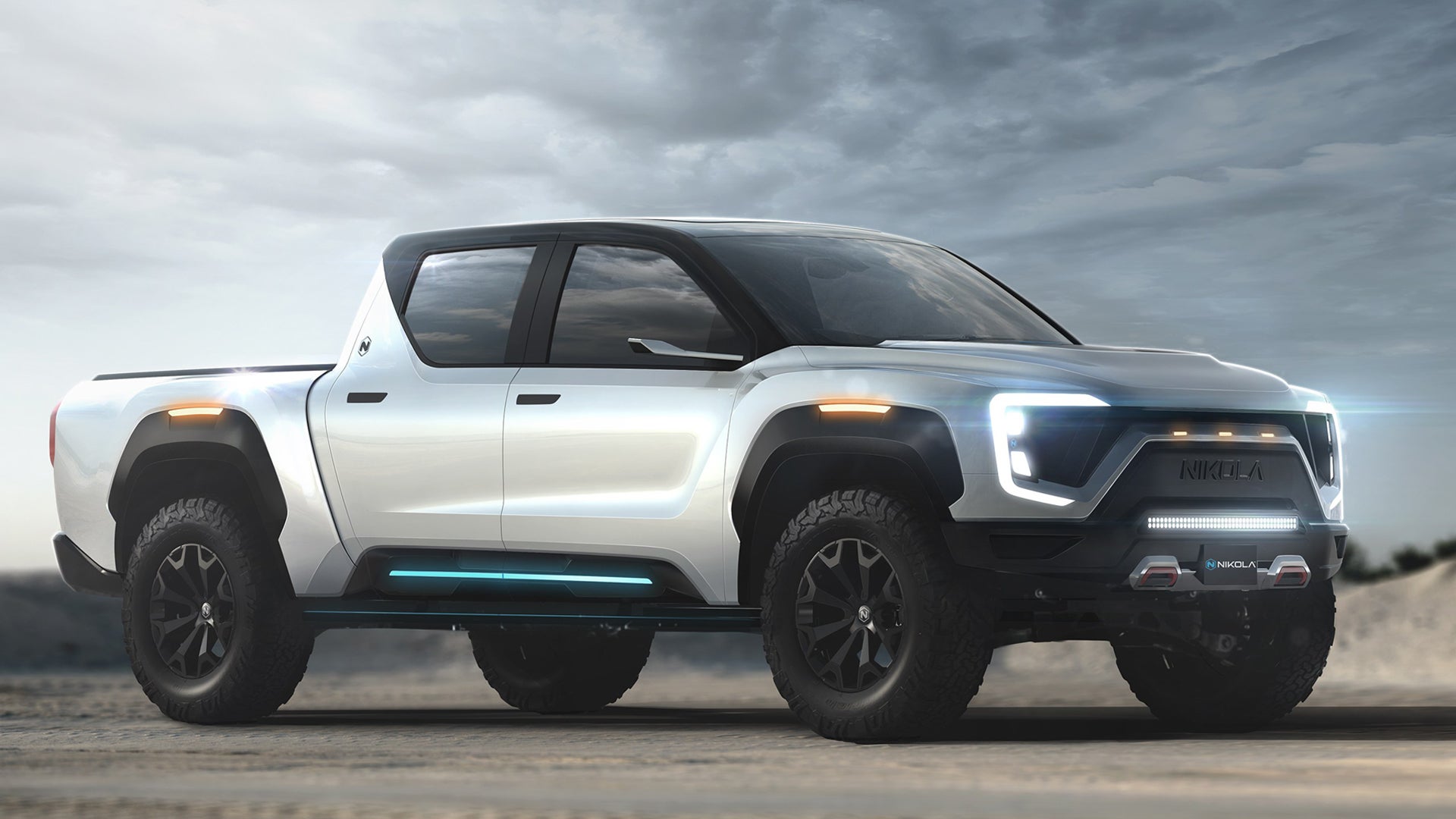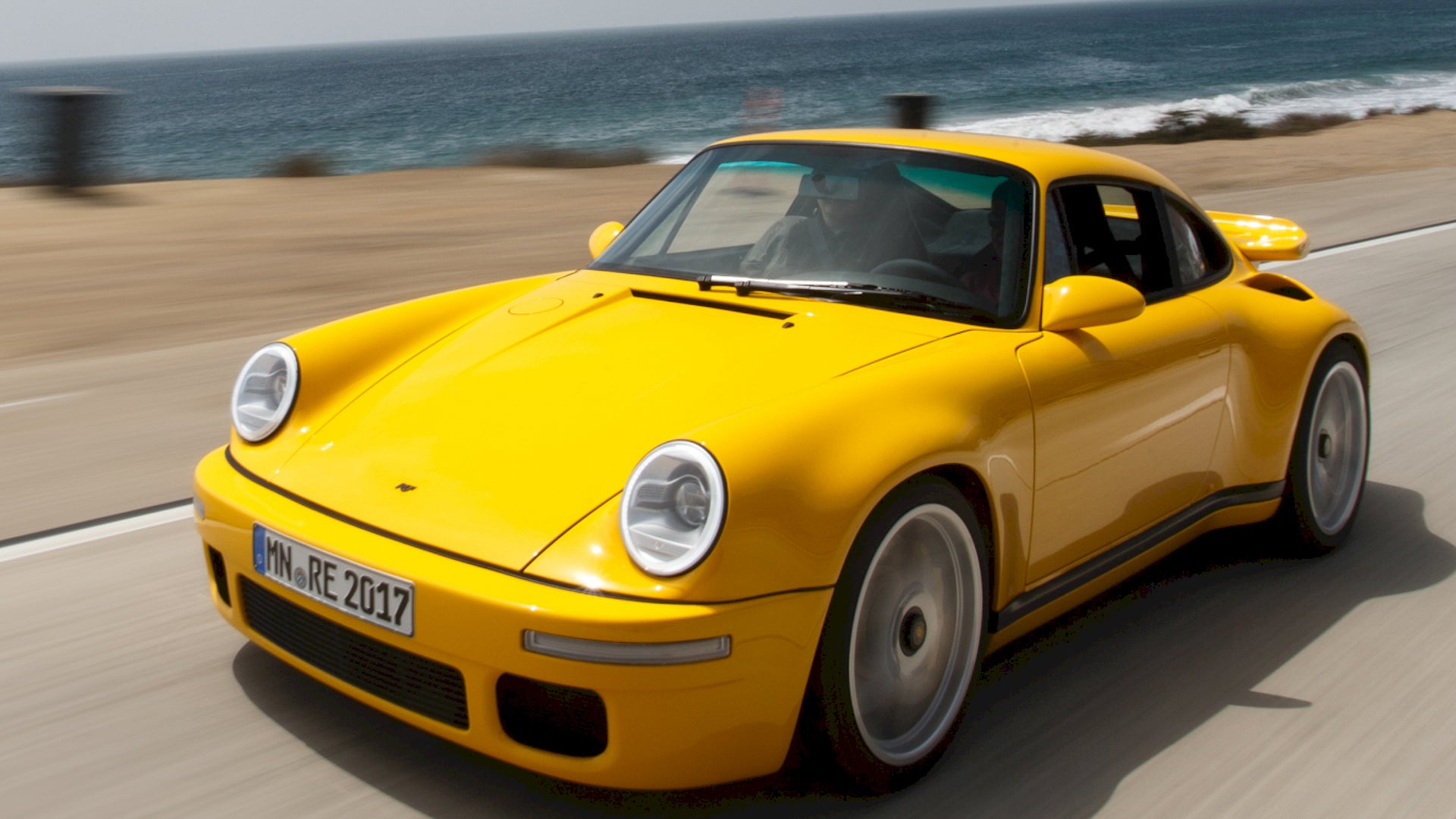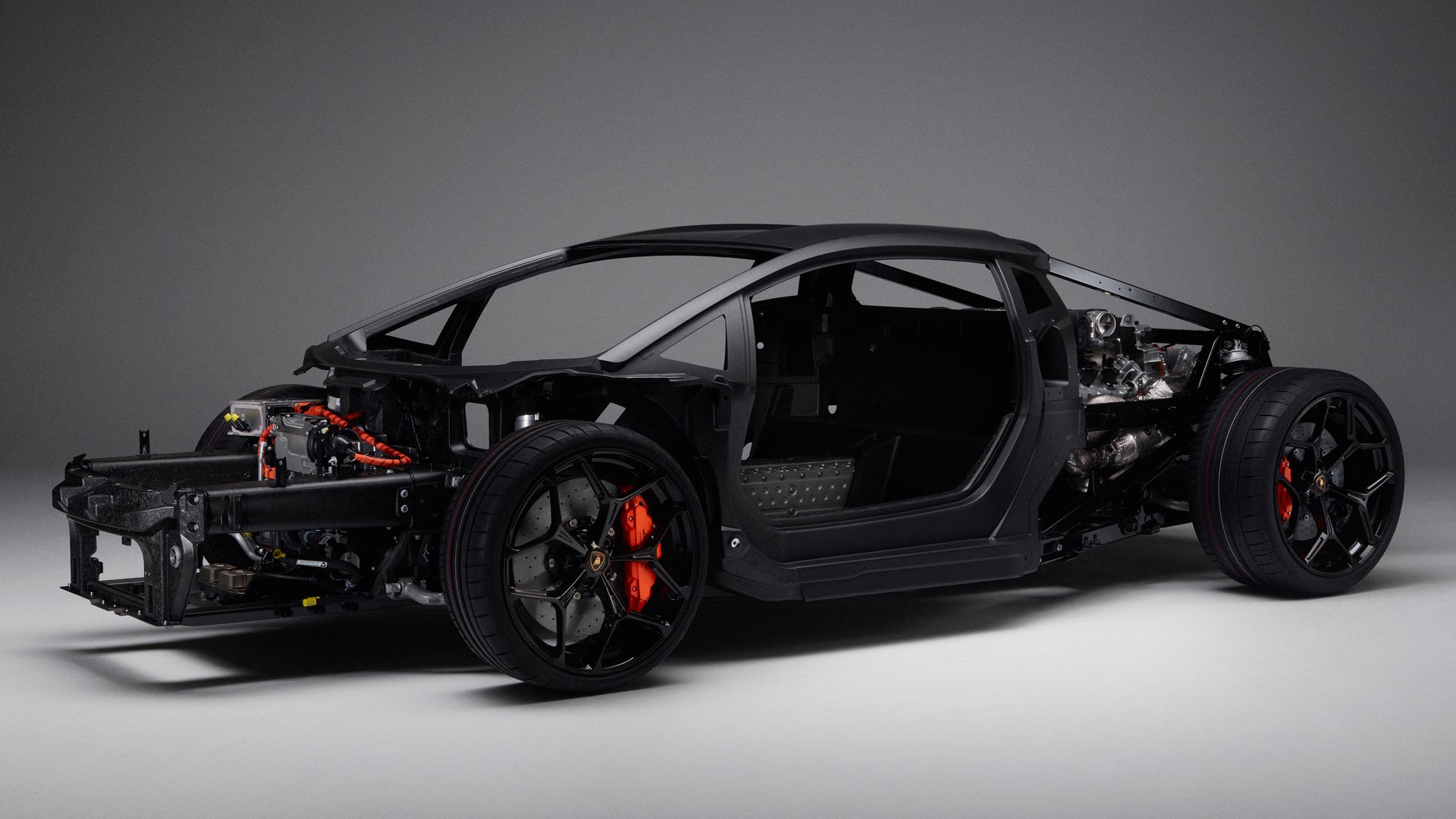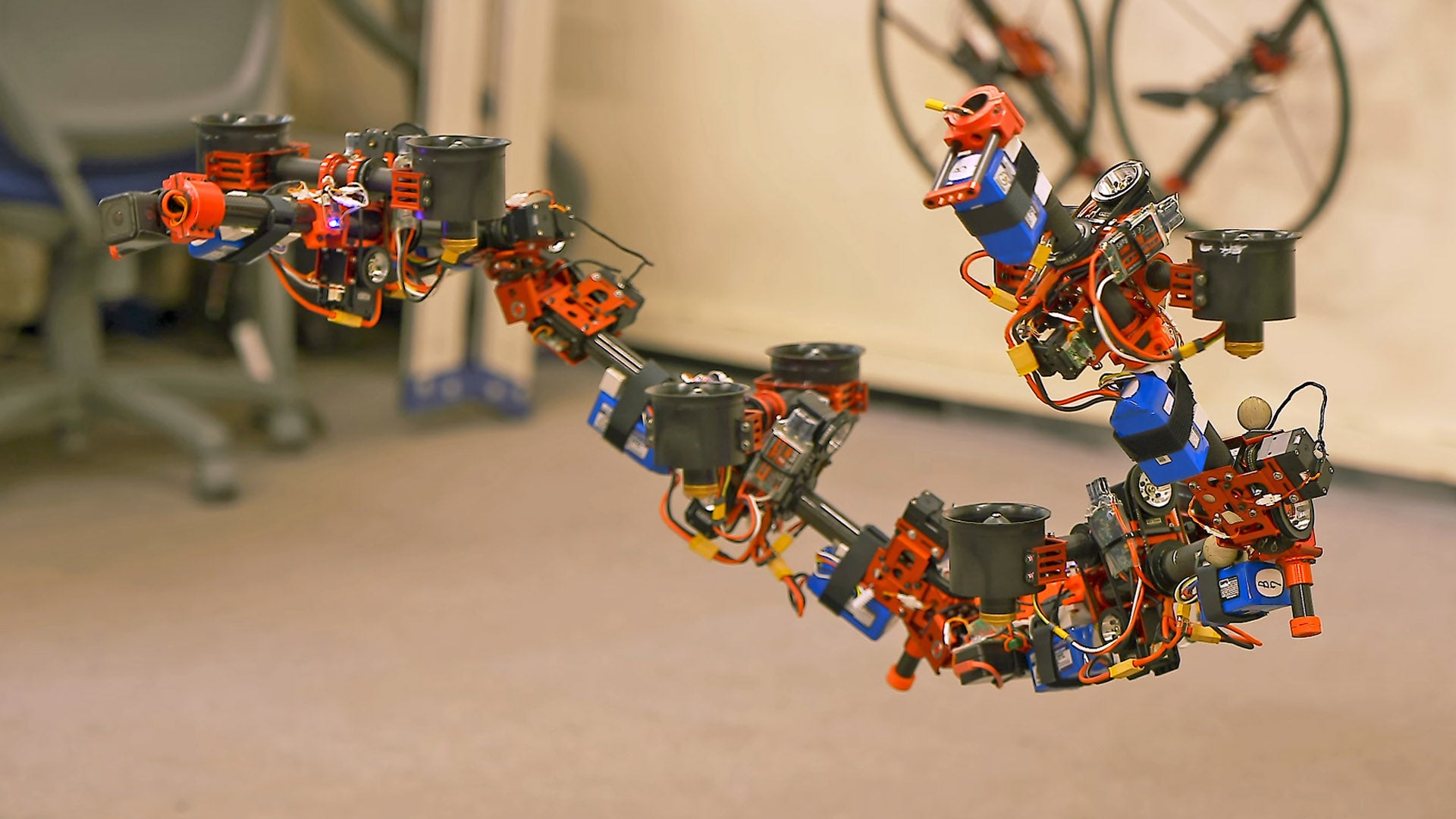Good morning and welcome back to Speed Lines, The Drive's roundup of what matters in cars and transportation. It's Wednesday, my dudes. On today's agenda: EV startups vie to be the "next Tesla," at least as far as stock prices are concerned; automakers push for the next level of autonomous driving without safety rules to go by; and WeWork's Adam Neumann is back and in the mobility space. Hooray for all involved.
"Reaching For A Dream"
As we've covered throughout the year here on Speed Lines, one of the biggest automotive stories of 2020 has been Tesla's stratospheric valuation, something that has risen to incomprehensibly high levels. To recap, Tesla is now "worth" more than American Express and Bank of America, and more than Volkswagen, GM, Honda, Fiat Chrysler and Ford combined. Though the auto industry is beset by flagging sales and production issues amid the pandemic, electric vehicles are the way of the future, and Tesla leads the way there.
What that means is that Wall Street investors, always on the hunt for the next Facebook or Amazon to get make them richer, have zeroed in on electric vehicle startups. All of them, no matter whether they produce cars or revenue or have a factory or not. EV semi-truck startup Nikola hasn't made anything yet, but it was valued as high as $34 billion this summer in moves that made its founder very wealthy overnight.
Everyone wants in on the next big thing, Bloomberg reports, calling the phenomenon "Tesla euphoria." Here are some examples, emphasis mine:
I emphasize that because even Elon Musk will admit as much is true. Starting a car company—or semi-truck company, whatever—is a grueling, capital-intensive business with countless challenges around the sales model alone. Not all of these companies will survive and not all of them will even get to the point where they build actual cars you can buy. When was the last time you set foot in a Faraday Future dealership?
But the craze around EV startups and their stocks will be a trend to watch in 2020, a gamble that at least a few of these companies will pay off in a big way much as Tesla did. One word of caution from that story, however:
My thinking is that we'll see a few startups prevail (including Tesla) but the biggest shift to EVs will come from legacy automakers with built-in production infrastructure who move their fleets to battery power over the coming years. But that isn't as sexy as a small, new company becoming "the next Amazon," so they'll have a lot of investor-convincing to do.
The Autonomy Game Doesn't Have Rules
Speaking of Tesla, Musk says the company is "very close" to Level 5 autonomy, which would theoretically allow for fully automated driving without human intervention. I think you should take that claim with a grain of salt. But one thing is clear: the autonomy sector is advancing very quickly in 2020, but it continues to do so without any real federal safety guidelines or industry-wide standards.
Imagine designing seat belts, airbags and braking systems absent of any unified guidelines on how to do so. That's the position automakers and tech startups alike continue to be in, as Reuters notes here, emphasis mine again:
That's pretty damning. And it opens this technology to wide misunderstanding and misuse, like all these goons who keep taking naps while "Autopilot" is on. And even industry groups like J.D. Power can't agree on the terms to use to describe these systems.
There's no point to this item except to say that this side of autonomy is a mess, and there seems to be very little will and consensus on how to fix it. For now, just keep your hands on the wheel, I guess.
WeWork's Founder Is Back
It feels like 5,000 years ago in the Age of Corona, but let us not forget Adam Neumann, the co-founder and former CEO of WeWork, whose office-sharing startup rose and fell with breakneck speed and took a lot of capital—and jobs—along with it. That story's too long to recap here. Google it if you don't know. (Full disclosure: The Drive was briefly based out of a WeWork in New York before the pandemic hit. I didn't care for it, personally.)
The point is that, according to a scoop in Tech Crunch, Neumann is back and in the mobility space despite WeWork's collapse and his own lawsuit against SoftBank:
It's Neumann's first investment since the WeWork debacle. Let me know when he starts talking about scooters on Mars and rescuing orphans.
On Our Radar
Massachusetts sues Uber, Lyft over driver status as contractors (Automotive News)
GM gets OK to make N95 face masks: Where they'll be used (Detroit Free Press)
Tesla lands at least $14.7 million in tax breaks to locate Cybertruck factory in Texas (Tech Crunch)
Read These To Seem Smart And Interesting
Social media and the end of discourse (The Verge)
5G Was Going to Unite the World—Instead It’s Tearing Us Apart (Wired)
Your Turn
Which of these new EV startups—not Tesla, the other ones like Nio and Nikola and Karma—will actually make it? Which ones aren't worth investing in?









